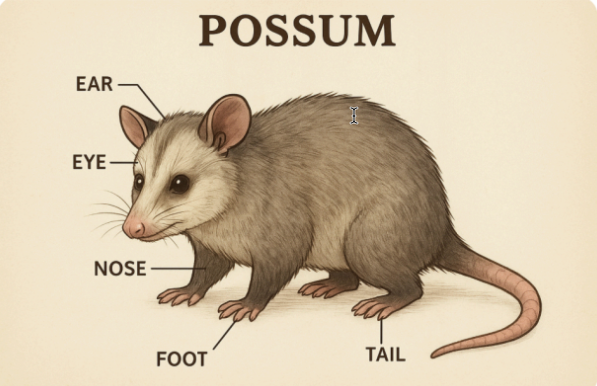LLMs and tree-structuring
"Active Use of Latent Tree-Structured Sentence Representation in Humans and Large Language Models." Liu, Wei et al. Nature Human Behaviour (September 10, 2025).
Abstract
Understanding how sentences are represented in the human brain, as well as in large language models (LLMs), poses a substantial challenge for cognitive science. Here we develop a one-shot learning task to investigate whether humans and LLMs encode tree-structured constituents within sentences. Participants (total N = 372, native Chinese or English speakers, and bilingual in Chinese and English) and LLMs (for example, ChatGPT) were asked to infer which words should be deleted from a sentence. Both groups tend to delete constituents, instead of non-constituent word strings, following rules specific to Chinese and English, respectively. The results cannot be explained by models that rely only on word properties and word positions. Crucially, based on word strings deleted by either humans or LLMs, the underlying constituency tree structure can be successfully reconstructed. Altogether, these results demonstrate that latent tree-structured sentence representations emerge in both humans and LLMs.
Read the rest of this entry »

